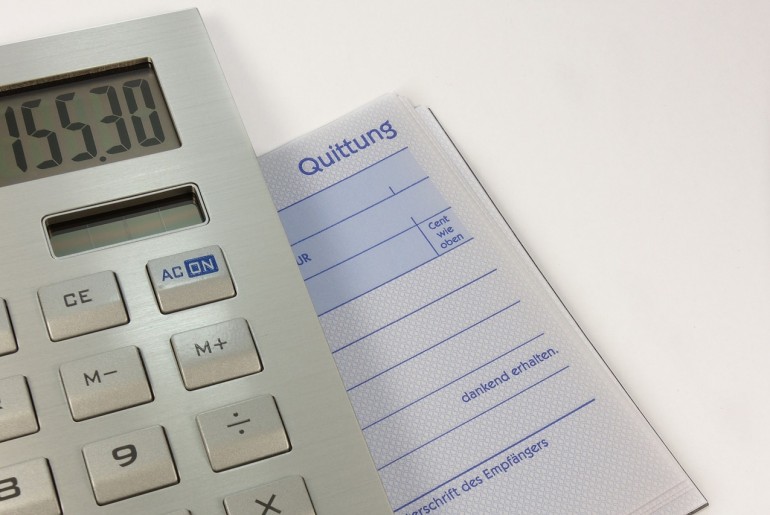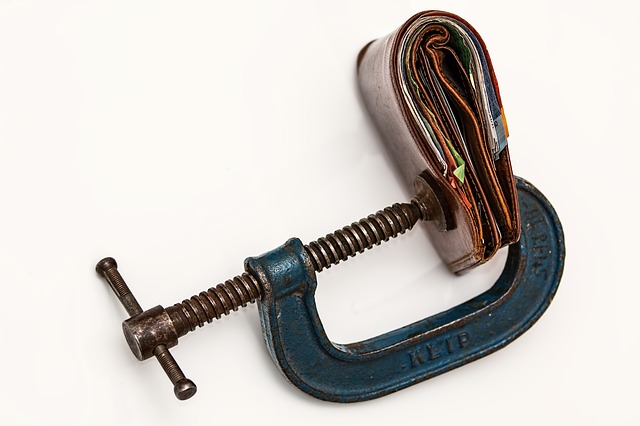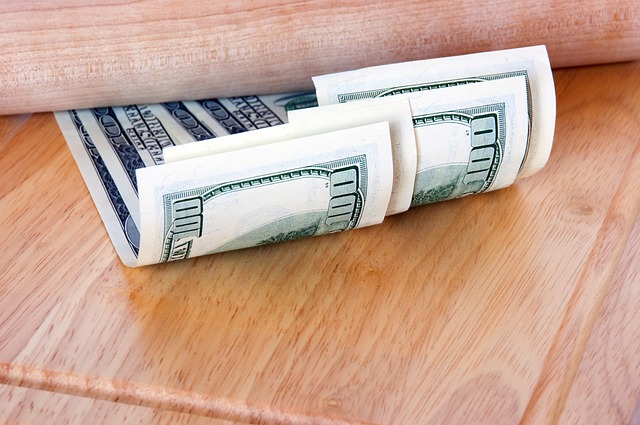Debt isn’t a bad thing in itself. It’s only when your debts start to sour – to become ‘bad debts’ – that things will quickly get problematic. There is, however, several ways to avert a looming financial crisis. Today, we’re going to explore everything you need to head off trouble at the pass and get your household spending under control. Let’s take a look at what you need to do.
Acknowledge you have a problem
The first step in getting back to financial security is to understand you have a problem. If you were to ask people with bad debts about the current state of their finances, there’s a good chance many will not have a clue. So, the first step is to look at your finances.
Open up your current statements and confront things. Know your current balances on every card, and every account. Check your credit rating and find out what your creditors are saying about you. Make lists of where your biggest debts lie, and what you are paying regarding interest. All these things will give you a definitive outline of your current financial position – and a hint at where your problems lie.
Look at your current spending
The next step is to go through every last thing you are spending money on. Mortgage payments, bills, meals out – even the coffee you buy from Starbucks on the way to work. Make sure that you add up everything, and be brutally honest with yourself.
If you want to avert the coming debt crisis you will need to be 100% straight with yourself – there is simply no room for hiding from the truth. Once you have a big, long list, there will be some obvious culprits of where you are overspending.
Decrease your spending
Next, it’s time to be brutal with the money you are spending. It would be highly unusual if your household were unable to identify where you can start saving money. There are hundreds of areas to explore. Start by looking at your weekly shopping bill. Maybe you could swap your branded products for store-made alternatives? In many cases, this can save you an enormous amount of money – without affecting the quality of your shop. Start looking at the reduced shelf in your local store, too. Just because a tin has dents on it, doesn’t mean what is inside is of an inferior quality. Baked goods are also an easy way to save money. Stores will sell these for peanuts if they are approaching their sell-by date, and you can just whack them in the freezer until you need to use them.
Next, look at everything else you buy – and eliminate everything unless it is necessary. If you have plans for a nice new TV, for example, shelve them until you are in a position to afford it. Stop impulse buying immediately – always take a week or so to consider whether it is a worthwhile purchase. You should also look at your utility bills and service charges. Could you switch your electricity and gas for a cheaper alternative? In many cases, you can save hundreds of dollars a year just by comparing your current deal with others on the market. Look at things like your TV, Internet, and phone contracts, too. Again, if you haven’t switched for a while, there is a good chance you will be paying over the odds. New customers get all the best deals – so seek them out, and you will save a fortune every year.
Find more money
Do you need fast money to pay off a heavy debt, that could affect your credit rating? Looking around for cash advance loans might help you avoid a hit to your credit, but make sure it is guaranteed that you can pay them back on time. Friends and family might be able to help, too – although you have to be aware of the problems that debts to people you know can cause.
It’s also worth having a look around your home and seeing if there is anything you can sell. Do you need a third TV, for example? Or could you live without your laptop and use your desktop instead? Even returning a few unwanted presents or having a yard sale could give you a nice wedge of cash to pay off some immediate debts, or start to set up a vital emergency fund. If your debt problems are significant, you may even want to start thinking about selling your home and finding a cheaper, smaller alternative, While this can be heartbreaking, your financial security will be at risk if you don’t’ take the appropriate action.
Increase your income
Of course, selling a few possessions is only really a short-term solution to your issues. You will need to start looking at other options if you want to survive long-term, which means boosting your regular income. Speak to your boss and find out whether it is possible to do a few extra shifts every week. If not, look for another part-time job that can give you some additional valuable funds. There are plenty of options out there, from filling out surveys online to babysitting or dog-walking. Who knows, perhaps you will even manage to turn it into a strong business opportunity?
The key to success is, of course, to use that extra income to attack your current debts. Try to avoid seeing it as a way to increase your spending, or all that extra hard work will be in vain. The quicker you lower your debts, the earlier you will see off the threat of your looming debt crisis. And, in simple terms, the easier your life will become. Of course, your success will also be down to your ability to create a budget, which we are going to take a look at now.
Create a strict budget
If you have been slack with your money up until now, it can leave you struggling for many years to come. But one way to get out of the mire faster is to create a strict budget – and always adhere to it. The vast majority of people don’t have a single, specific reason for their debts reaching crisis point; it’s just a simple case of spending more than they can afford. The only solution to approaching this issue is to make a smart budget and follow it to the letter.
Divide your spending into different categories: your essentials, your variables, your special occasions, and your unknowns. Your budget essentials are regular, fixed payments like your mortgage and insurance. Variable costs are things like your weekly food bills, gasoline, utilities, and clothing. These are things that crop up regularly, but still need to be paid, so should be included in your monthly budget. The special occasions you need to plan for are family birthdays, Christmas and vacations – again, you need to start putting money aside for these on a monthly basis. Finally, consider the unknowns. You will have no clue whatsoever what these will be – it could be a car breakdown, a boiler breaking, or a medical issue that is outside of your insurance coverage. It is essential that you start putting money aside in an emergency budget to help you when they arise.
Reduce your interest payments
Finally, it’s time to start looking at the interest you are paying on each of your debts. These are the debts that are costing you the most money, so it makes sense to tackle them first. If possible, switch any high-interest credit card debts to a 0% balance transfer. You might find a cheaper way to consolidate your debts, too.
Before making your choice, however, ensure you do your research and work out the math. They won’t always work well for you, and you could end up paying more than you were previously.
We hope this has helped you come up with some ideas on how to ward off the threat of an impending debt crisis. Let us know your thoughts in the comments section below.













Comments are closed.